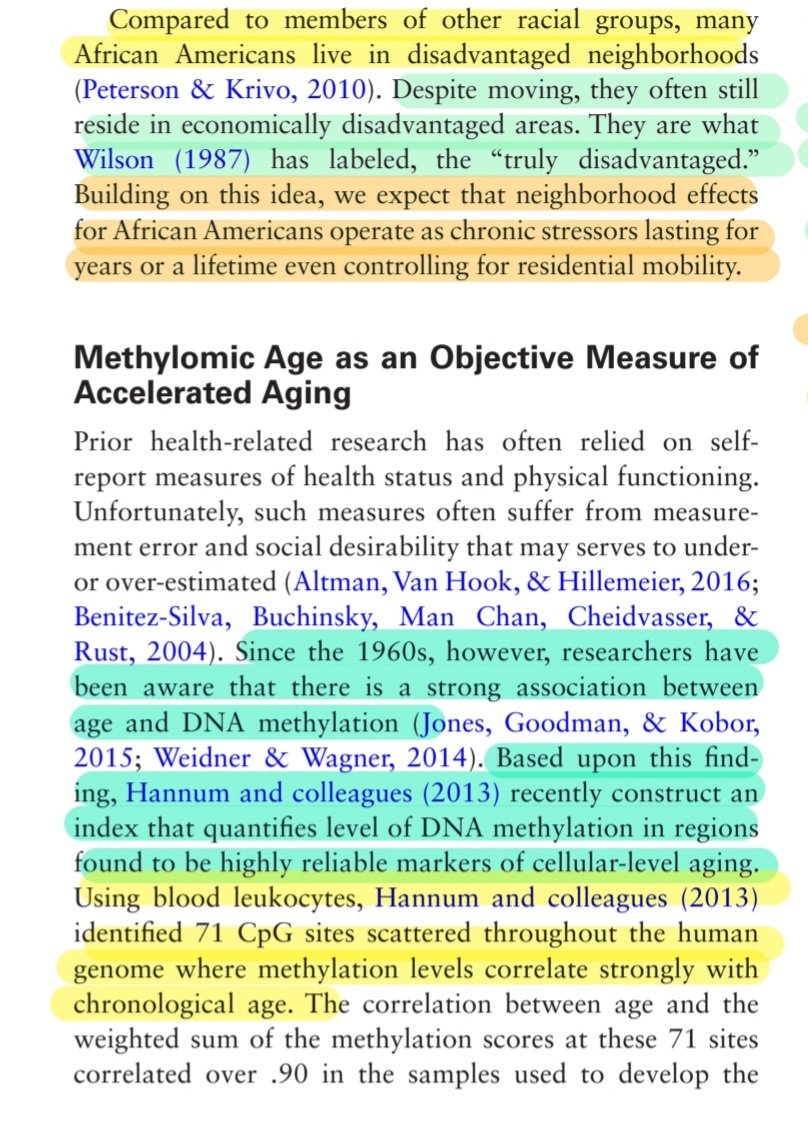
Racism, African American Women, and Their Sexual and Reproductive Health: A Review of Historical and Contemporary Evidence and Implications for Health Equity
liebertpub.com/doi/10.1089/he…
liebertpub.com/doi/10.1089/he…
"Although legalized slavery, the most salient manifestation of race-based mistreatment for African Americans ended in 1865, racism persists in institutions (e.g., criminal justice system), and attitudes that marginalize African American women."
"Due to laws defining them as property, enslaved women had no legal protection from sexual assault by white men. Acts of sexual violence against African American men could also affect enslaved women"
"Furthermore, eugenic programs emerged to control the size of the black population."
"Thirty states supported formal eugenic programs that enforced compulsory sterilization from the early 1900s to the 1970s."
"Thirty states supported formal eugenic programs that enforced compulsory sterilization from the early 1900s to the 1970s."
"In addition, many poor African American women underwent unnecessary hysterectomies as practice for medical students at select teaching hospitals. This exploitation of African American women became routine and perpetuated the eugenic movement during this time period."
"Although slavery was abolished in the United States in 1865, Jasienska argues that there has not been enough time to eliminate the physical effects of slavery, which contributes to the disproportionately high levels of low birth weight in African American infants born [today]."
"Some suggest the origins of adult health begin with intrauterine and early postnatal experiences or as a result of ‘‘weathering,’’ through which repeated experiences with discrimination result in physical health deterioration in early adulthood."
"Addressing sexual and reproductive health through a historical lens and ensuring the implementation of culturally appropriate programs, research, and treatment efforts will likely move public health toward achieving health equity, which will benefit the health of [AA] women."
• • •
Missing some Tweet in this thread? You can try to
force a refresh




















